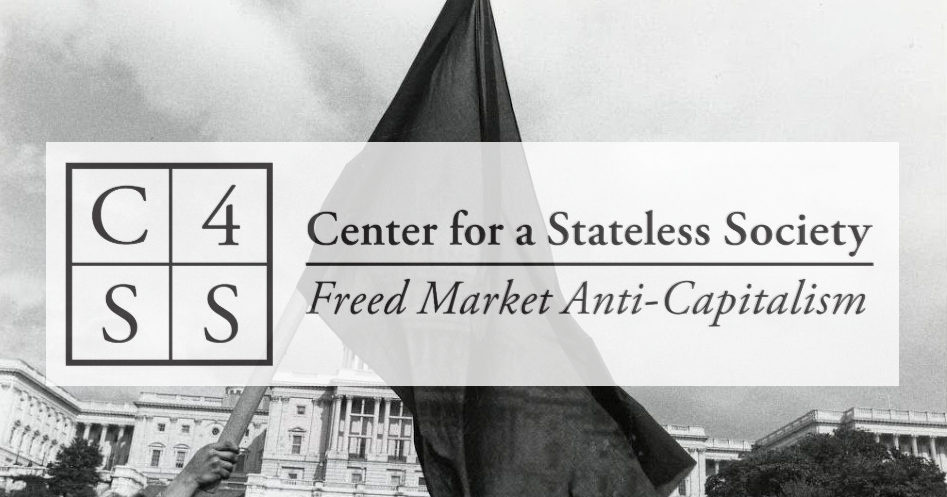- cross-posted to:
- [email protected]
- [email protected]
- [email protected]
- [email protected]
- cross-posted to:
- [email protected]
- [email protected]
- [email protected]
- [email protected]
In particular we must understand that nationalism has two sides, not just the construction of a flat and illusory solidarity with one’s countrymen, but the stripping away of empathy and identification with the foreigner. And of the two it is the latter that is the graver mistake and more deadly poison. The mistake of nationalism, nativism, etc, is most centrally about reducing one’s circle of care. When fascists scream that an American or a White life should be worth more to you than a Korean life, they are not demanding you elevate your compassion for some average American, they are demanding you decrease your compassion for every Korean. And when they justify this by appealing to some supposed natural or inherent pull to value one’s kin over strangers, the proper retort is not to litigate whether or not you are truly “kin” with every other American. The fascist wants to get around to reducing that circle of care too! Contemporary fascist movements have embraced the micro-scale and hyper-local. Ask a fascist today if he thinks there should be border controls between US states or counties and he’ll often smirkingly answer in the affirmative. From neoreactionaries to national-anarchists and countless other currents, the evolution of the fascist movement has been to collapse the already small number of individuals you are allowed to care about. To characterize fascism in terms of a drive for some vast homogenous and totalizing society is to miss that fascist movements have always positioned themselves as defending a diverse patchwork of isolated islands against the (supposed) homogenizing effects of global connectivity. The Third Reich explicitly positioned itself as the champion of local culture against the corruption of global civilization.
Great passage. And concerning history tbh.
I feel like author maybe little bit concentrated on ideology part of duality (with material reality), but still very enlightening.
Also SA mentions at the very start.
Good read thx




